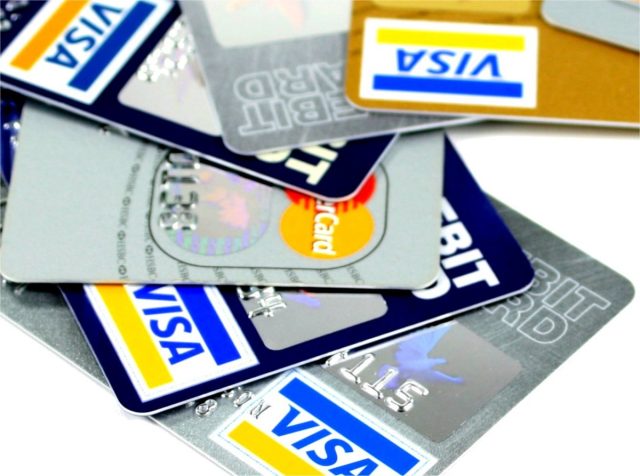Credit cards have made it easy for users to shop for things online without leaving their houses. These are considered a secure and easy way to pay for items online, and the process is usually similar on most websites. However, there are also numerous cases of fraud and theft happening online. Because hackers are always on the prowl for your personal information so they can take advantage of you. There are some safety measures that you can take in order to protect yourself and your credit card information while shopping online.
Choose the Best Credit Card:
When selecting a credit card, choose one that offers good fraud protection and security features. Also consider best credit card with purchase protection, which may cover you in case of damage or theft of any items purchased with the card. While any credit card can be used to make online purchases, some offer stronger security measures than others. When making your choice, it’s important to research which card will work best for you and your shopping habits.
Identify the Security of the Website and Internet:
Make sure that the website you’re using is secure. Before entering any personal information, check the website address and ensure that it starts with “https” instead of just “http.” This means that the website is using a secure connection to protect your information. You should always shop in private, on your personal device, away from curious eyes. When you use a public computer and then log out, there is still the possibility that spyware has been installed- software that can track your keystrokes and access private information.
Although it’s safer to use your own laptop or tablet, remember that information can still be stolen if you’re connected to public Wi-Fi. For added security when shopping online, only use a personal device with a private Wi-Fi connection. Another useful option is subscribing to a virtual private network, or VPN, which encrypts your data and works as a security guard on your transaction.
Keep Your Personal Information Private:
In addition to ensuring that the website is secure, do not give out any personal information unless it is absolutely necessary. Most websites will only require your credit card number, shipping address, and possibly your email. Do not give out your social security number or birthdate, as this information can be used for identity theft. It’s also important to use a strong, unique password for each of your online accounts and to update them regularly.
Monitor Your Credit Card Statements:
After shopping online, make sure to closely monitor your credit card statements for any suspicious or unfamiliar charges. Immediately report any unauthorized activity to your credit card company as soon as you see it. You should also consider signing up for fraud alerts, which will notify you if there are any unusual activities on your account.
Use Credit Card Security Features:
Many credit card companies offer their own security features, such as fraud protection and purchase alerts. Take advantage of these to give yourself added protection while shopping online.
Many credits card mobile apps offer robust security features to help protect your account from fraud, including:
- Touch ID or Face ID login
- Two-factor authentication:
- Instant fraud alerts
- Remote disabling of your card in case of loss or theft
Despite these, you should also use some security initiatives by yourself to make your card secure from any malpractice. Be sure to frequently change your passwords, and avoid using easily guessed words or phrases like your pet’s name.
Use Third-Party Wallets:
In addition to the security features offered by credit card companies, consider using a third-party digital wallet for added protection. These wallets, like Apple Pay or Google Pay, never give the merchant access to your actual credit card information. They also offer added layers of security, such as biometric verification and one-time codes.
If a website doesn’t accept mobile wallet payments, your credit card company might provide you with “virtual account numbers” that serve the same purpose. These numbers are unique and can only be used once, protecting your actual credit card information from being compromised.
PayPal is another option for added security, as it acts as a middleman between the merchant and your credit card information. It’s free to sign up, and once you have an account set up, making payments is as easy as logging in with your username and password.
Get Virtual Account Numbers:
Some credit card companies offer the option of getting virtual account numbers for added security when shopping online. These numbers are unique and can only be used once, protecting your actual credit card information from being compromised. A temporary, one-time credit card number can be extremely useful for online purchases. Check with your credit company to see if they offer this service.
It’s also important to remember not to save your credit card information on any shopping websites, as this can make your information vulnerable to hackers.
Be Active with Phishing Alerts:
Phishing scams are attempts by fraudsters to trick you into giving out personal information, such as credit card numbers and passwords, by posing as a legitimate company or individual. Be on the lookout for suspicious emails or texts claiming to be from your bank or a retailer, and never click on any links or attachments from unknown senders. Instead, contact the company directly through their official website or customer service number to verify any requests for personal information. Also, never give out personal information over the phone unless you place the call yourself and know whom you are speaking with.
Apart from this if you are interested to know more about Card Verification Value (CVV) On Credit Card then visit our Finance category














